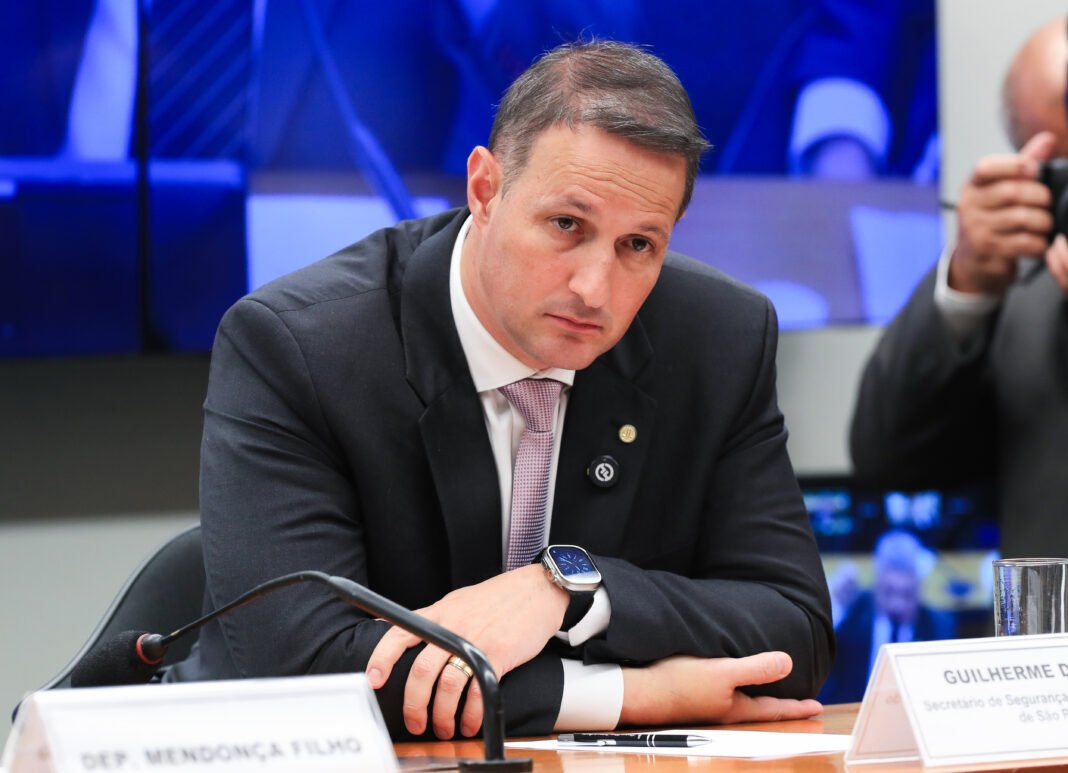Authorities from various spheres have been working to implement measures that strengthen security and combat organized crime. The central bank has announced new rules to fight money laundering. The Federal Supreme Court (STF) has ordered a police investigation into organized crime in Rio. In Brasília, the Congress is now taking new steps towards a new anti-gang bill.
This Content Is Only For Subscribers
To unlock this content, subscribe to INTERLIRA Reports.
New Central Bank Rules to Fight Money Laundering
The Central Bank of Brazil announced new anti–money laundering measures to curb criminal use of fintechs, PIX, and payment institutions. Taking effect on 1 December, the rules tighten monitoring of “pooled accounts,” or contas-bolsão, used by fintechs to aggregate client funds under a single bank account—an arrangement exploited by groups like the PCC to hide illicit transactions. Financial institutions must now detect and close irregular accounts, using public or private data to verify ownership. The package also raises minimum capital requirements for banks and payment firms, strengthening oversight and transparency across the financial system. The reforms aim to close long-standing loopholes that allowed organized crime to launder billions through digital platforms.
Federal Police Investigation
Minister Alexandre de Moraes, of the STF (Supreme Federal Court), determined on Wednesday (05) that the Federal Police investigate organized crime in Rio de Janeiro. The procedure was initially initiated to investigate evidence of crimes with interstate and international repercussions. Another point that motivated the measure determined by Moraes is to investigate the activities of the main violent criminal groups operating in Rio de Janeiro and their connections with public agents.
Anti-gang Bill
Federal Chamber President Hugo Motta (Republicanos-PB) announced the Secretary of Security for the Tarcísio de Freitas administration in São Paulo, Guilherme Derrite (PP-SP), as the rapporteur for the anti-gang bill sent by the Ministry of Justice to Congress. The decision is a new step for the development of this law that gained momentum after the megaoperation against the Red Commadn (CV) in Rio de Janeiro, on 28 October.
Derrite took leave from his position as secretary and resumed his mandate in the Chamber to vote on bills to combat organized crime. According to Motta, the plenary analysis should take place next week. Motta stated that the federal government’s text “will become the Legal Framework for Combating Organized Crime in Brazil.”
One of the novelties of the anti-gang bill is the establishment of the criminal offense of “qualified criminal organization,” with a penalty that can reach 30 years in prison. The text makes it explicit that a qualified criminal organization constitutes a criminal gang. The proposal also toughens the punishment for leaders of these organizations and establishes the National Database of Criminal Organizations, designed to gather strategic information to facilitate the investigation and tracking of these factions.
Analysis:
Brazil’s current security measures reveal a significant effort against a deeply rooted threat. However, most of the initiatives are fragmented actions across financial, judicial, and legislative fronts rather than a unified strategy. If such measures are not developed in coordination, the country risks losing momentum to bring good solutions to the table. Without alignment among institutions, these simultaneous actions risk limited effectiveness—reacting to crises rather than building a consistent, nationwide strategy against organized crime.




